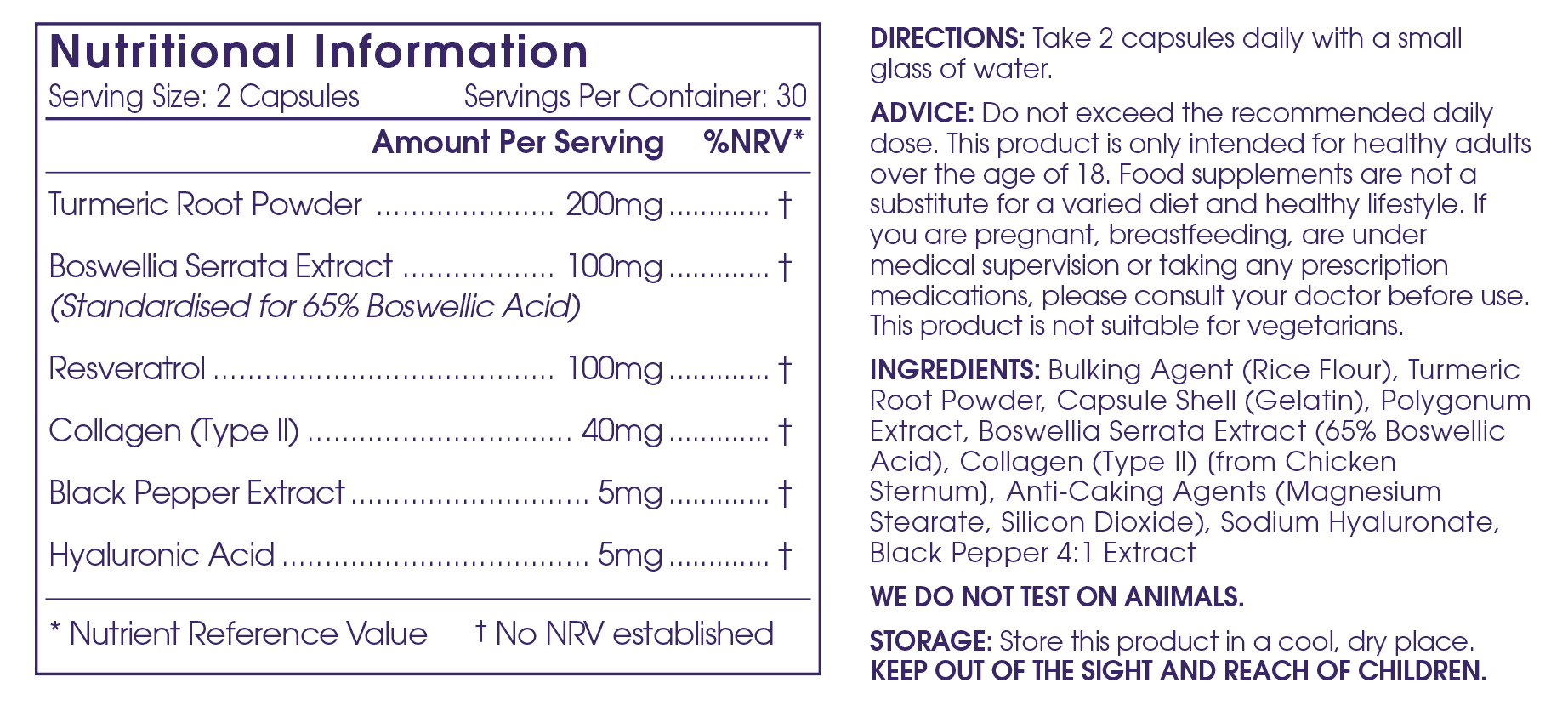Your gut is home to about 100 trillion bacteria, collectively known as the gut microbiome. While it was once believed that these bacteria didn’t have much of an impact on a person’s well-being besides aiding in digestion, recent research proves otherwise. Multiple studies find that the gut microbiome has widespread effects on the body, playing an important role in everything from mental health to immunity. In this article, we’ll be exploring the importance of having a healthy gut, as well as providing some tips for supporting your gut health. First, let’s cover some basics.
What is the Gut?
The gut, also known as the gastrointestinal (GI) tract, includes the parts of the body involved with food intake and output. It includes the mouth, esophagus, stomach, small intestine, pancreas, liver, gallbladder, colon, and rectum.
What is Gut Health?
When we talk about gut health, however, we’re primarily talking about the community bacteria in your gut called the microbiome. The microbiome, which mostly resides in a “pocket” of your large intestine called the cecum, is home to trillions of microbes. These microbes include bacteria, viruses, and fungi—some of which are beneficial and some that are harmful. Among all the microbes in the gut, the 300 to 500 different species of bacteria are the most studied.

Why is Gut Health so Important?
Together, the bacteria in your gut function similarly to an organ and play a significant role in your health. In fact, without the gut microbiome, it would be next to impossible to survive. A healthy, balanced gut microbiome plays a crucial role when it comes to your:
- Digestion: The bacteria in your gut help break down and absorb nutrients from the food you consume.
- Immune health: The bacteria in your gut are intimately connected with your immune system, which works to protect your body from illness and fend off harmful pathogens and bacteria. In fact, a whopping 70 percent of immune cells are located in the gut. When everything is running smoothly, the gut sends signals for healthy immune responses. In exchange, the immune system helps populate the microbiome with health-promoting microbes.
- Brain health: Often referred to as “the second brain,” the gut communicates back and forth with your actual brain, creating a relationship between digestion, mood, and health. Research shows that the health of the gut can directly impact a person’s mood, anxiety levels, level of concentration, and memory. In fact, the bacteria in your gut manufacture about 95 percent of your serotonin—the neurotransmitter that makes you feel happy and balanced.
- Lowering the risk of diabetes: Research suggests that the gut microbiome may help control your blood sugar levels, reducing your chances of developing type 1 or type 2 diabetes.
- Keeping “bad” bacteria in check: “Good” bacteria play a major role in keeping “bad” bacteria in check, creating a state called equilibrium that supports overall health.
What Happens when the Gut Microbiome is Unbalanced?
A good way to conceptualize the microbiome is to think of it as a garden. Just as in an actual garden, when you let the weeds take over (harmful microbes), your garden can end up in trouble (inflamed and unbalanced). Several factors can disrupt the balance of your microbiome, namely a poor diet, overuse of antibiotics, and stress. Due to our modern lifestyle, many of us have too few good bacteria in our guts and too many bad bacteria, a state called dysbiosis.
When in this unbalanced state, a number of health conditions and symptoms can arise, including fatigue, weight issues, skin conditions, chronic pain, diabetes, allergies, food intolerances, autoimmune conditions, mood disorders, and digestive issues.

The Connection between Gut Health and Arthritis
As a company focused on joint health, we’d like to take a closer look at the relationship between gut health and joint-related health conditions, such as rheumatoid arthritis (RA). While not definitive, research suggests a connection between the type and amount of bacteria in the gut and the presence of arthritis. One study published in Genome Medicine found that people with RA had less gut diversity than people who were disease-free.
Another study published in the journal eLife found that one strain of bacteria, Prevotella copri, may contribute to the development of RA. The research team found Prevotella copri in the intestines of 75 percent of people with early, untreated RA, compared with 12 percent of people with chronic, treated RA. The researchers theorize that this bacterium promotes inflammation and/or crowds out beneficial bacteria that fight inflammation. Conversely, a different strain of bacteria, Prevotella histicola, may actually decrease symptoms of RA, as well as disease progression.
How to Support your Gut Health
The bacteria in your gut can have a direct impact on many aspects of your health. As such, it’s crucial to support your gut health daily. Here are our top tips for a healthy gut:
- Eat an anti-inflammatory, high-fiber diet. Center your diet around fruits, vegetables, gluten-free grains, legumes, nuts, seeds, lean protein, fatty fish, and fermented foods.
- Add a probiotic: For an extra boost, consider taking a high-quality supplement that contains both prebiotics and probiotics.
- Reduce your stress: Stress can negatively affect the balance of good and bad bacteria in your gut, so make time to decompress and use relaxation tools to keep your stress in check.
- Consider a joint health supplement: If you struggle with joint pain or stiffness, consider taking an anti-inflammatory supplement, such as JointFuel360. Reducing your inflammation can not only support your joint health, but can also improve your gut health. This is because gut health and chronic inflammation function as a two-way street. The same chronic inflammation that targets your joints may also affect your digestive system. Studies show that GI conditions are common in arthritis patients as a result of an active inflammatory response.
The Bottom Line
An unbalanced, inflamed digestive tract can cause a host of unwanted health symptoms, from chronic constipation to fatigue to painful, inflamed joints. A few changes to your diet and lifestyle can go a long way in helping you improve your gut health and, consequently, your overall health and well-being.
References:
https://www.ncbi.nlm.nih.gov/pmc/articles/PMC4425030/
https://www.ncbi.nlm.nih.gov/pmc/articles/PMC3426293/
https://connect.uclahealth.org/2021/03/19/want-to-boost-immunity-look-to-the-gut/
https://www.hopkinsmedicine.org/health/wellness-and-prevention/the-brain-gut-connection
https://www.hopkinsmedicine.org/health/wellness-and-prevention/the-brain-gut-connection
https://www.ncbi.nlm.nih.gov/pmc/articles/PMC5754518/
https://www.ncbi.nlm.nih.gov/pmc/articles/PMC3448089/
https://www.ncbi.nlm.nih.gov/pmc/articles/PMC5641835/
https://genomemedicine.biomedcentral.com/articles/10.1186/s13073-016-0299-7
https://www.ncbi.nlm.nih.gov/pmc/articles/PMC3816614/
https://pubmed.ncbi.nlm.nih.gov/17217568/
https://pubmed.ncbi.nlm.nih.gov/25157183/












